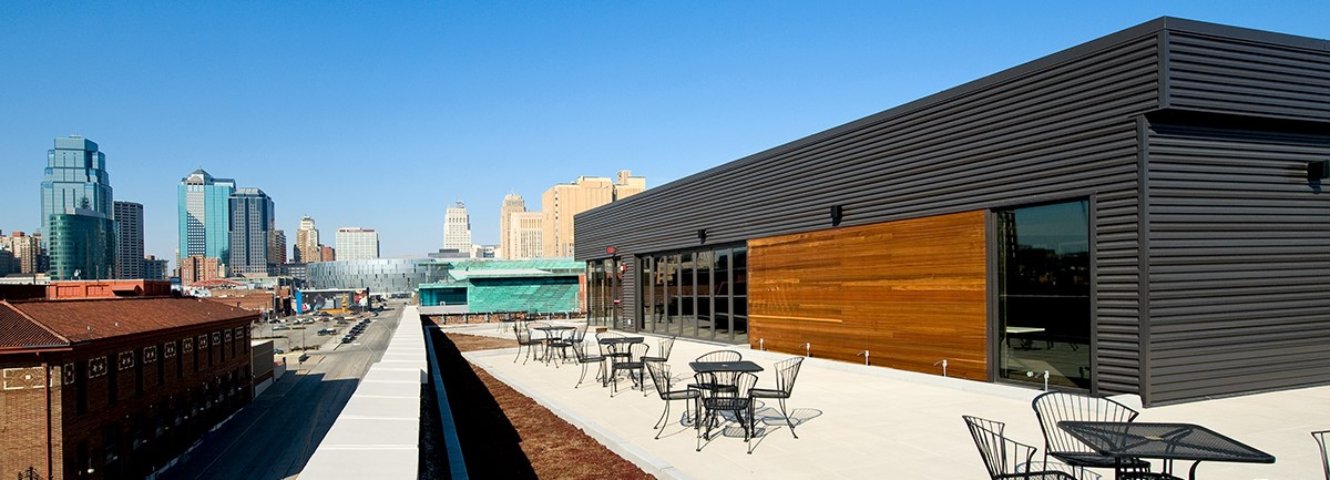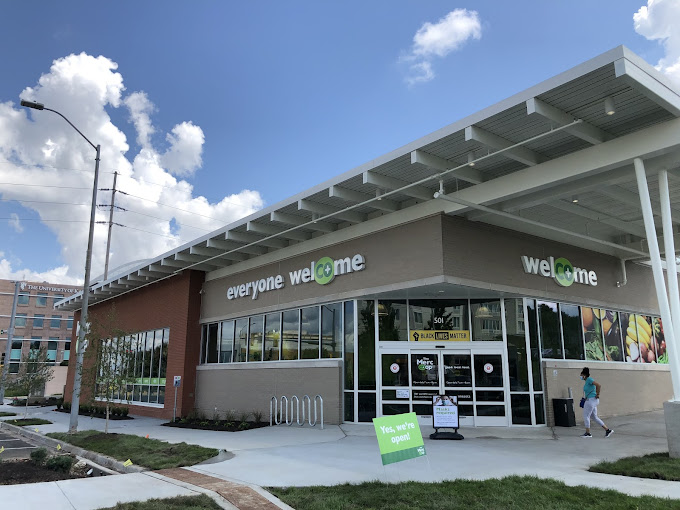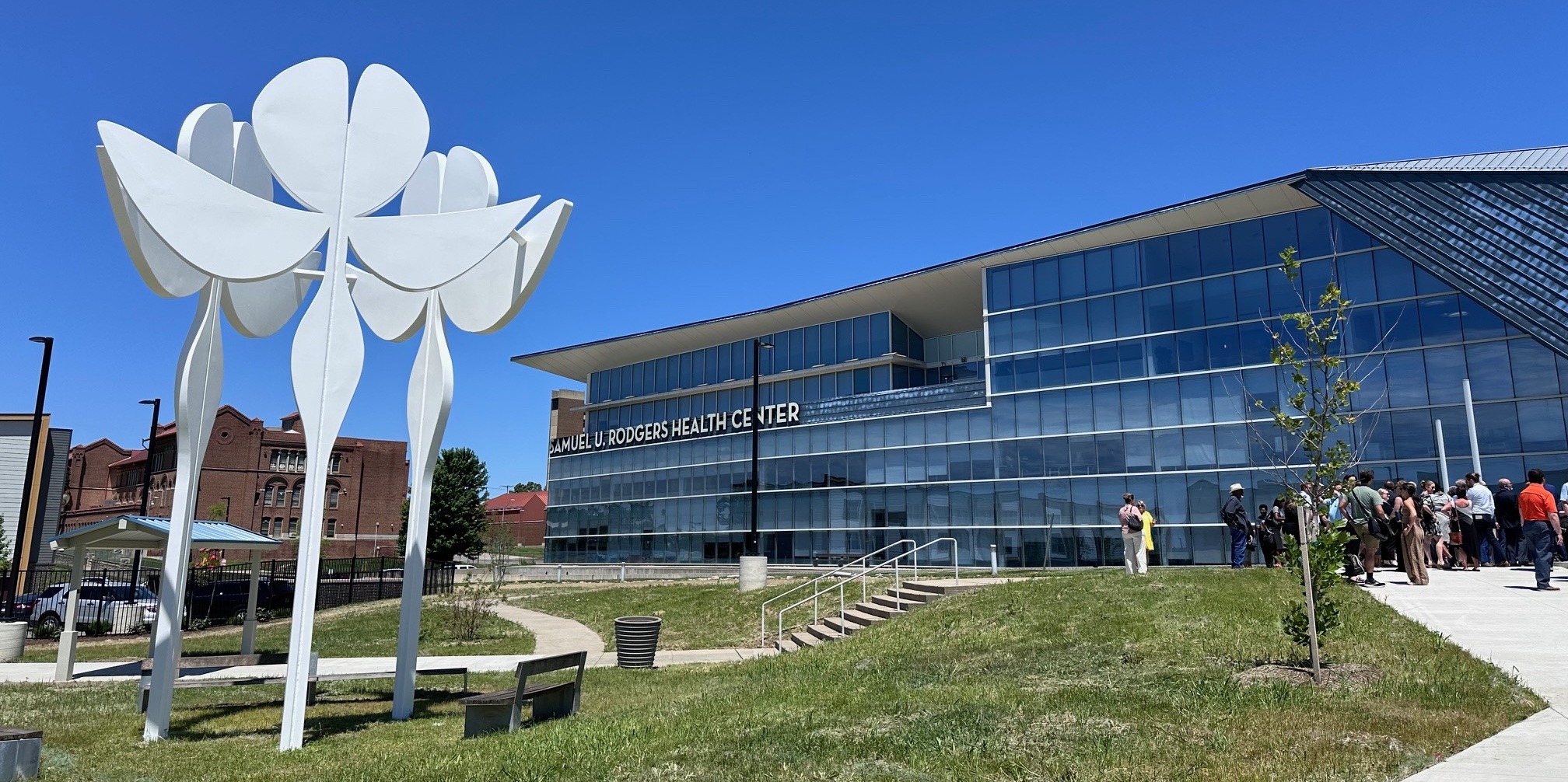
New Markets Tax Credits
We’re on a mission to develop under-resourced communities
New Markets Tax Credit Program (NMTC)
Central Bank of Kansas City (CBKC) recently received a successful allocation of $60 million in New Markets Tax Credits (NMTC) from the U.S. Department of the Treasury’s Community Development Financial Institutions (CDFI) Fund. This award marks the 13th successful NMTC award for CBKC, with a total of $631 million in allocation since Central Bank's first award in 2007. The NMTC program allows CBKC to direct capital to underserved communities through financing high-impact, mission-focused projects.
“We are proud that the CDFI Fund continues to value the work we’re committed to achieving for distressed communities in Illinois, Kansas and Missouri,” said Steve Giles, President of CBKC. “NMTC has proven to be one of the most effective tools to make critical community development projects successful, to help achieve our mission, and to improve communities and the lives of residents in the areas we serve.”
Central Bank of Kansas City has been in business since 1951. CBKC has been family-owned since the 1960s and has been certified as a Community Development Financial Institution (CDFI) since 1998 by the US Treasury Department. Through the first NMTC award in 2007 projects have maintained and created more than 14,000 direct full-time equivalent (FTE) jobs and thousands of direct construction jobs.
The New Markets Tax Credit was enacted in 2000 to stimulate private investment and economic growth in low-income urban neighborhoods and rural communities that lack access to the patient capital needed to support and grow businesses, create jobs, and sustain healthy local economies. The NMTC is a 39 percent federal tax credit, taken over seven years, on investments made in economically distressed communities.
Since the inception of the NMTC program, CBKC has closed financing for 70 projects with total project costs exceeding $1.6 billion. CBKC through its affiliate subsidiary CDEs, have deployed $557 million of NMTC allocation into Illinois, Missouri and Kansas-based communities. One of the most recent NMTC projects to close is the Pediatric Wing for Samuel U. Rodgers Health Center – 65,000 square foot expansion that will allow Sam Rodgers to serve an additional 4,500 children each year and will also increase their capacity for adult and women’s health services.
Featured Projects
Operation Breakthrough
An $11 million NMTC allocation allowed Operation Breakthrough to expand its campus and bring education, healthcare and parenting programs to some of Kansas City’s most disadvantaged neighborhoods. The campus now includes LiteracyKC, supporting local adults with job training and resume-building resources.
IMPACT: Increased early learning education | Increased before and after school learning | Increased adult/caregiver education | Increased job training programs
The Merc Co+op

The Merc located in downtown Kansas City, KS
A $7 million NMTC allocation and bond financing enabled the construction of a 14,000 sq. ft. grocery store in a distressed area of Kansas City, KS designated as a USDA Food Desert. Operated by The Community Mercantile Inc. (The Merc), the store provides fresh produce, meats, and free health-related education.
IMPACT: Fresh food access for food-insecure community | Job creation for community residents | Project contracts for Women/Minority-Owned Enterprises
Samuel U. Rodgers Health Center

Samuel U. Rodgers Health Center received $20 million in NMTC allocation, including $15 million from Central Bank of Kansas City and $5 million from Wells Fargo, to support the construction of a new pediatric wing and parking structure.
IMPACT: Job creation in the local community | Address primary care shortage for women, infants and children | Increase access to behavioral health and dental care | Increase access to health care for the area’s most vulnerable population — children.
Orange EV

With a $17.25 million NMTC allocation, Orange EV is building a new 437,339 sq. ft. manufacturing facility in Kansas City, KS. This will increase production of eco-friendly, zero-emission industrial electric terminal trucks, supporting the EPA’s push for zero-emission vehicles by 2030.
IMPACT: Job creation in the local community | Quality production and manufacturing jobs for transit-challenged low-income residents | Sustainable manufacturing growth | Workforce training for skills such as forklift driving and vehicle technology | Internships and employment opportunities for students.

